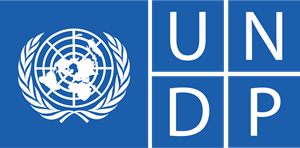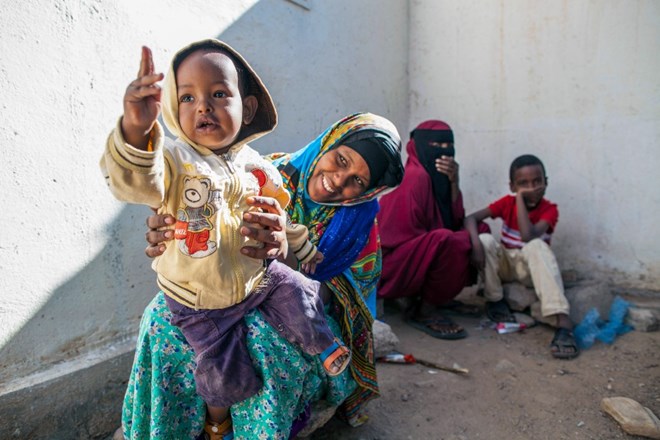
Friday January 8, 2021
Japanese funds bring light and power to small hospitals where electricity can be unreliable

Mortality rates for Somali mothers and children are among the highest in the world. More reliable power supplies in hospitals and clinics can improve medical care and save lives.
What does a hospital need? It needs buildings and staff, equipment and medicine. But it also needs electrical power to run that equipment, refrigerate medicines refrigerated ad keep the lights on at night so staff can treat patients for emergencies whenever they happen.
Thanks to Japanese funding, UNDP has been able to supply two medical facilities in Somaliland with solar panels that will ensure a steady supply of free power.
Newly-built Arabsio Hospital, located around 35km west of Hargeisa, has beds for 50 patients and will serve an estimated 35,000 people in the local area. Since the hospital is on the main road connecting Hargeisa to Ethiopia, it is also expected to deal with injuries from frequent traffic accidents on this route.
“Now we can ensure that medicines are kept cool without interruption,” explains health centre manager, Hasan Said Omer. “The solar panels also provide free energy and allow us to deliver babies at all times.”
Much of the health centre’s work is focused on mothers and children. There are almost 2,000 children under five in the area around Caramadaw and the health centre can treat as many as 10 children a day.
“Having light at night is essential when we have deliveries to perform,” said local doctor, Awo Abdi. This is particularly important in a country where currently only 1 in 5 women give birth in a health facility.
COVID-19 has placed a severe strain on the Somali health system, which was among the weakest in the world even before the pandemic, with one of the lowest doctor-to-patient ratios (around 1 per 50,000 people) and some of the highest infant and maternal mortality figures. Bringing power to local hospitals is one way to help get those numbers down.
This work is part of a US$1.2 million grant from the Japanese Government to help address the socio-economic fallout from the COVID-19 pandemic. This includes delivering masks, soap and other supplies, training local youth and vulnerable groups for new work opportunities and raising awareness of how to prevent the spread of the virus.
For other ways UNDP is helping to support mother and child healthcare see this video: https://www.youtube.com/watch?v=E2w7iecJ1TY
For more of our work on alternative energy in healthcare facilities see: https://www.youtube.com/watch?v=jJpWaptHL0E
For an overview of our other work on alternative energy: https://www.so.undp.org/content/somalia/en/home/projects/joint-programme-on-charcoal/